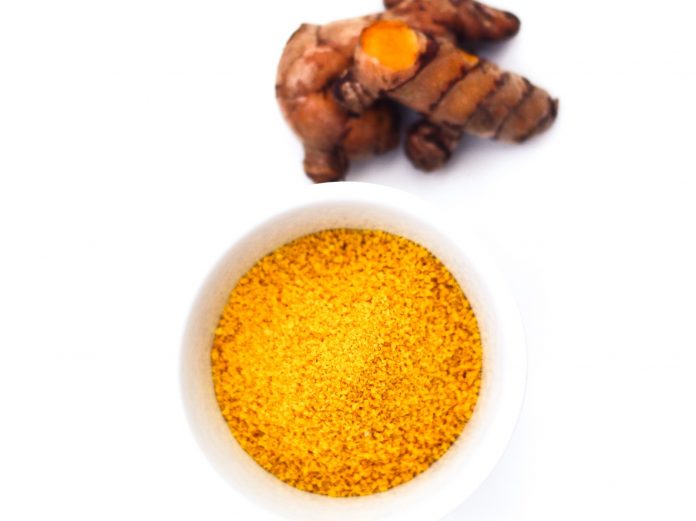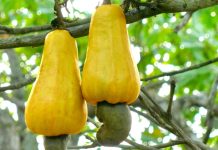Geena, only 35 years old, is not your typical lady executive. She’s athletic. In fact, when she was still in college, she used to joined activities like marathon, running and hiking. But when she started working in a company engaged in construction, she has mellowed.
Three months ago, she was invited to join a mountain climbing. Thinking that she’s not in good shape anymore, she started a regimen that she thought would make her survive the rigors of scaling a mountain. Aside from hitting the gym, she ate only nutritious food and had to give up drinking and smoking.
Two weeks before the scheduled mountain climbing, Geena went to see her doctor for a routine checkup. Unfortunately, she was diagnosed with high blood pressure or what is known in medical parlance as hypertension. When asked about any symptoms she had noticed, she answered that she experienced palpitation and dizziness but assumed they were the result of excessive training.
A few years back, the Department of Health reported that around 14 million Filipinos, or 25% of the total adult population at that time, have hypertension. Most of these people are unaware of their condition.
“Practically nine out of 10 hypertensive patients have uncontrolled blood pressure which make them good candidates to develop heart attacks and strokes, or literally drop dead before they could realize what was wrong with them,” said Dr. Esperanza Cabral, past president of the Philippine Society of Hypertension.
Most doctors advise to manage their blood pressure to avoid the complications brought about by hypertension. There are those who believe that taking some herbal and spices can help lower high blood or even manage it.
And that what was Geena was doing. A friend told her to take turmeric which, according to the Daily Mail, is “nature’s wonder drug,” while healthy eating English celebrity Ella Mills described it simply as “one of the most healing things around.”
More than just an ingredient, turmeric also boasts several health-boosting properties. Known in the science world as Curcuma longa, it contains a strong antioxidant called curcumin. The website of the University Health News (UHN) said: “Curcumin is a potent anti-inflammatory, helps lower blood cholesterol and has anti-clotting properties. Curcumin helps keep blood vessels healthy by protecting cells from damage, thereby allowing smoother flow of blood.”
The UHN website added: “Curcumin also has the ability to dilate arteries. Researchers conclude that curcumin works much the same way as ginger as it inhibits the transport of calcium, which acts as a chemical messenger that tells muscle cells to contract, thereby dilating the arteries. Therefore, taking turmeric for high blood pressure, due to its active ingredient curcumin, can be a useful remedy.”
One of the complications of hypertension is heart attack. The Huffington Post reported a 2012 study which showed curcumin to have the ability to prevent heart attacks among bypass patients.
“The study followed 121 patients who had bypass surgery between 2009 and 2011. Three days before surgery through five days after, half of the patients took curcumin capsules, while the other half took placebo pills,” the Post said. “During their post-bypass hospital stays, more people in the placebo group experienced a heart attack (30%) compared with those in the curcumin group (13%).
“While not a substitute for medication, the researchers pointed out, the antioxidant and anti-inflammatory of curcumin may contribute to as much as a 65% lower chance of heart attack among bypass patients,” it added.
It is no wonder why turmeric has been making a lots of headlines lately. Touted as a “superfood,” it has become a phenomenon in industrialized countries. “It’s become so popular that Starbucks is testing out turmeric latte trend in the United Kingdom,” wrote Alisa Hrustic in the August 2017 issue of Men’s Health. “And that’s actually late to the game: The yellow-hued lattes have been popping up in the local U.S. coffee shops for the past year – Los Angeles, New York, and other cities have all hopped on the ‘golden milk’ train.”
The reason of its popularity: healing powers. Liz Moody, a senior food editor at mindbodygreen.com, wrote: “While turmeric tonics, lattes and even smoothies should have a place on anyone’s anti-inflammatory recipe roster, there’s a surprisingly underutilized way to truly unlock turmeric’s mega-power: fermentation. Studies show that fermenting turmeric makes it more bioavailable than simply eating it powdered, meaning it’s that much more easily utilized by your body to enact its healing powers.”
Turmeric, the bright yellow spice often used in curries, is grown throughout India, other parts of Asia and Central America. In South Asia, turmeric has been used in Ayurvedic medicine for many conditions like breathing problems, rheumatism, serious pain and fatigue.
These days, turmeric is used as a dietary supplement for inflammation, arthritis, stomach and gallbladder problems, among many other conditions. Its underground stem (rhizomes) are dried and made into capsules, tablets, teas, or extracts.
“Despite its use in cooking for several thousand years, turmeric continues to surprise researchers in terms of its wide-ranging health benefits,” the website of the World’s Healthiest Foods said. “While once focused on anti-inflammatory benefits, decreased cancer risk, and support of detoxification, studies on turmeric intake now include its potential for improving cognitive function, blood sugar balance, and kidney function, as well as lessening the degree of severity associated with certain forms of arthritis and certain digestive disorders.”
Recent studies have shown that turmeric can delay diabetes. “Among people with pre-diabetes, curcumin capsules were found to delay the onset of Type 2 diabetes in a 2012 study,” the Post reported. “Over nine months, study participants were given either curcumin supplements or placebo capsules. Just over 16% of people taking the placebo pill were diagnosed with Type 2 diabetes by the end of the study, while no one taking curcumin was.”
Turmeric can also tame heartburn and an upset stomach. Sarah Klein, writing for Healthy Living, said: “In a small study, supplements made from the turmeric plant were found to be more effective at curbing heartburn and indigestion symptoms than a placebo, possibly because of the plant’s known powers to fight inflammation.”
But there are some words of caution. “While turmeric has a long history of health giving properties and there have been many hundreds of studies into its effects on a wide variety of ailments, it can’t be regarded as a magic cure,” writes Siobhan Harris for WebMd.com.
“It’s worth bearing in mind that most of these are preliminary studies that were performed in a laboratory, and not in humans. Much more research is needed into the possible benefits. So, it’s still too early to say whether or not turmeric has definite health benefits,” it pointed out.
Here are other things you need to be aware of. “(Turmeric) can sometimes causes nausea and diarrhea in high doses or after long-term use. It might also pose a risk of ulcers in high doses. Caution is advised when turmeric is taken by people known to have gallstones,” Harris reports.
Also, those who want take turmeric supplements must talk with their physicians first. “Have a word with you doctor if you take medications regularly which may interact with them, for example, aspirin, painkillers, statins, diabetes drugs, blood pressure drugs and blood thinners,” Harris writes.







